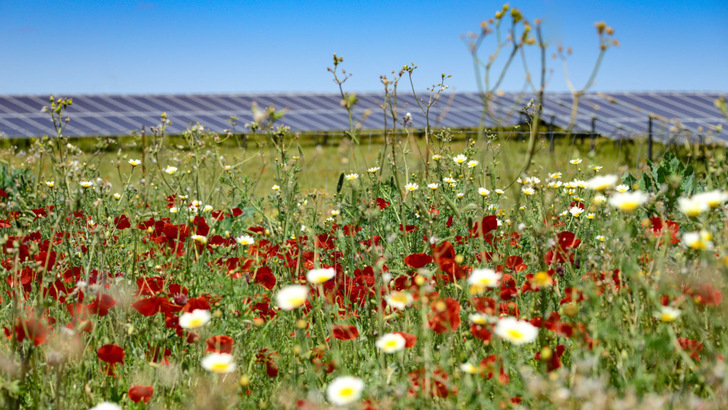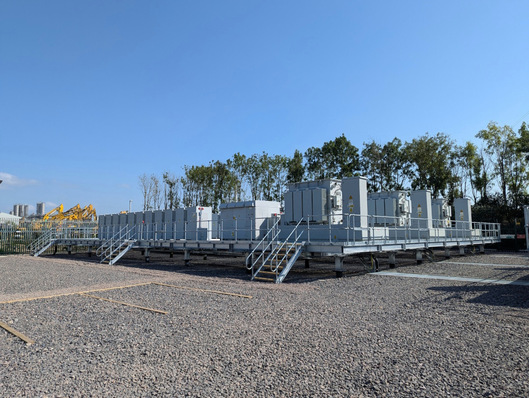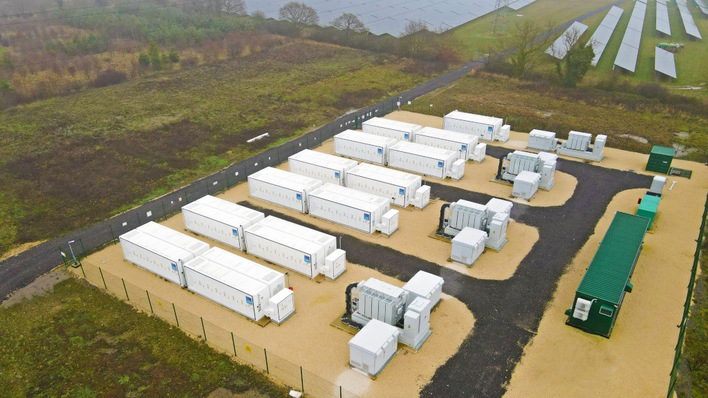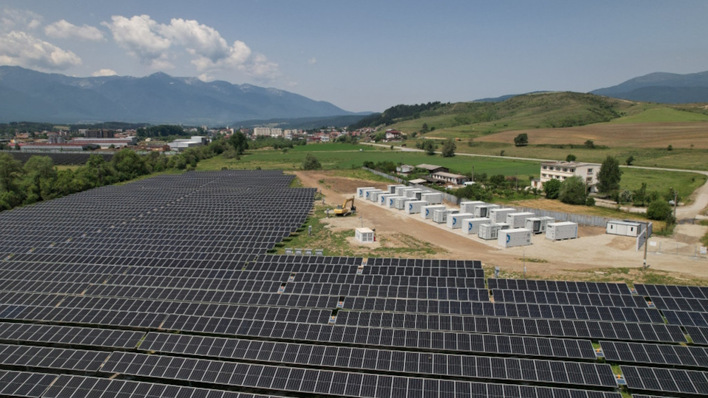The 138 MW Oaklands Farm Solar Park has now cleared the UK’s most demanding approval pathway for energy infrastructure. Under the Nationally Significant Infrastructure Project (NSIP) framework for developments deemed nationally important, BayWa r.e. submitted a Scoping Request to the Planning Inspectorate in 2021. Over the following three years, the project underwent detailed technical assessment, public consultation and multiple design refinements before the final application was submitted in February 2024.
The application was accepted and entered a six-month formal examination led by the Planning Inspectorate, during which the project underwent further refinement before the examination closed in December 2024. Few renewable energy developers have successfully completed this process.
UK – East Yorkshire set for 400 MW solar boost
Christine McGregor, Managing Director at BayWa r.e. UK, said: “Oaklands Farm Solar Park marks our fourth planning approval this year, bringing our total of consented solar power in 2025 to 235 MW. The project will help accelerate the UK Government’s Clean Power 2030 Action Plan. Equally important has been our commitment to community consultation, which has shaped the project at every stage.”
UK – BayWa r.e. secures triple solar planning success
Responding to community feedback, important refinements have been made to the project to both conserve and enhance the local area; changes made include diverting heavy construction traffic away from local villages, carefully considered landscaping measures, and a new public footpath to expand the recreational use of the area.
Community benefits and biodiversity
The project will also deliver significant local investment, including a community benefit fund of over £2 million and up to £9 million in local business rates over its lifetime. More than 110 full-time equivalent jobs will be created during construction, procured in line with a tailored Skills, Supply Chain and Employment Plan.
Studies confirm water management benefits of agri-PV systems
With £20 million of construction spend directed into the UK, the project aims to strengthen domestic industry supply chains. The site will also retain its agricultural use during operation, with sheep grazing among the solar panels. Further environmental commitments include delivering substantial biodiversity improvements – targeting up to a 125% net gain in habitat units – and supporting the local skylark population through 38 new breeding plots. Construction is scheduled to begin in 2026. (hcn)









